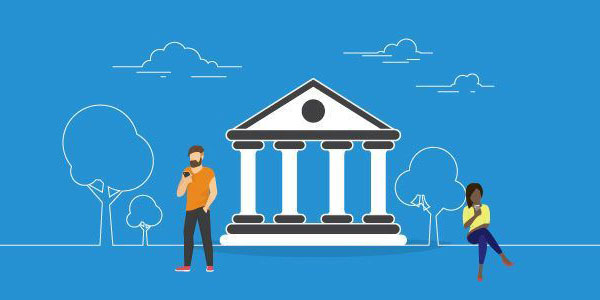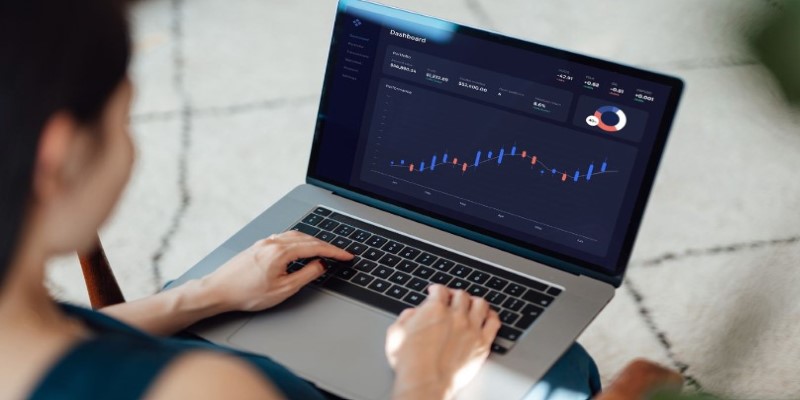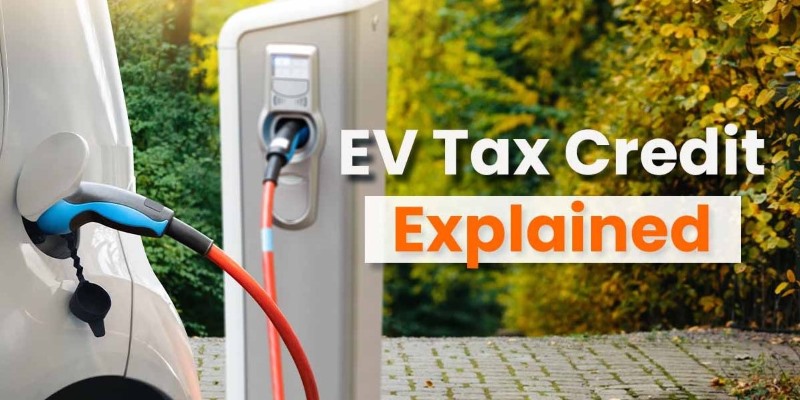What's PMI? How To Get Private Mortgage Insurance: A Primer
Jan 29, 2024 By Susan Kelly
You'll have to pay for homeowners insurance if you own a house. However, you may be required to purchase additional insurance to safeguard the interests of the bank or other financial institution that provided financing for purchasing your house.
Homeowners whose down payments were less than 20% of the purchase price often must pay for private mortgage insurance, abbreviated as PMI.
PMI: What Exactly Is It?

When a borrower puts down less than 20% of the purchase price, conventional mortgage lenders typically require them to get private mortgage insurance. In the case of a loan default by the homeowner, PMI will cover the lender's losses.
Homeowners are still at risk of foreclosure, but this program makes homeownership possible for people without a 20% down payment.
The lender will work with a private insurance provider to establish if you will be required to pay PMI, and you will be given details about the insurance policy before the mortgage closes.
What Is The Cost of PMI?
According to the Urban Institute, the standard range for PMI premiums is between 0.58 and 1.86 percent of your loan's principal. Freddie Mac forecasts that PMI charges will cost most borrowers $30 to $70 monthly for every $100,000 financed. The cost of your PMI policy is determined by two main variables:
Your Loan-To-Value Ratio
The cost of private mortgage insurance is based on the down payment amount. If you put down 5%, the loan-to-value ratio would be 95%. An LTV ratio of 85% would be reached with a 15% down payment. You'll have to pay more in PMI if you can only afford to put a little down on a home. This is because the lender is taking on more risk.
Your FICO Score
Your PMI premium is heavily influenced by your credit history and score. The Urban Institute gives the example of a $250k home purchase with a 3.5 percent down payment. If your credit score is 760 or above, you might qualify for a mortgage with an insurance premium included in the monthly payment of $1,164.
Extant Varieties of PMI
Private mortgage insurance comes in a few flavors:
Mortgage Insurance By The Borrower
The premiums will be added to your regular monthly payment if you have borrower-paid mortgage insurance. This total will include the initial loan amount, all interest accrued, and any extra fees or taxes owed on the property. Insurers get regular monthly distributions of cash.
Every month, you'll notice a notation of a "special payment," which is a fancy way of saying that money changed hands. Depending on the terms of your mortgage insurance policy, you may be eligible to have your monthly premiums canceled if you've reached a certain equity level, loan-to-value ratio, or payment milestone.
Loan-Participating Mortgage Insurance
Although having your mortgage insurance paid for by your lender may sound enticing, remember that you will still be responsible for paying for this service. In most cases, the premium won't appear as a separate cost but rather as a higher interest rate or origination cost on the mortgage itself.
Single-Premium Mortgage Insurance
Single-premium private mortgage insurance requires a lump sum payment rather than monthly premium payments. This can be paid in full at closing, or, depending on the loan's conditions, the amount can be rolled into the loan, increasing the loan's total amount owed. Prepayment results in cheaper monthly payments.
Mortgage Insurance With A Deductible
With a split-premium PMI policy, you pay a greater premium upfront to cover a larger portion of the costs, and then your monthly premium payments are reduced. This option combines the benefits of both single-premium PMI and PMI paid by the borrower.
You'll need cash to pay the initial fee, but only a little. Your monthly expenses will decrease as a result. If your debt-to-income ratio is particularly high, you may benefit from split-premium mortgage insurance.
Does PMI Apply To All Lenders?

Conventional mortgages with a down payment of less than 20% typically necessitate private mortgage insurance. There may be ways around PMI that you need to be aware of, so do some investigating. For instance, Quicken Loans' PMI Advantage is a traditional loan with a modest down payment and no private mortgage insurance.
Lenders may be willing to forego PMI for borrowers who put down less than 20%, but doing so will likely result in a higher interest rate; you'll need to do the arithmetic to see if this financing option is worthwhile.
Mortgage insurance may not be required for some government-backed schemes. If you're a veteran, for instance, a VA loan doesn't need it. Potential homeowners who lack the funds for a sizable down payment may benefit from this.

What's PMI? How To Get Private Mortgage Insurance: A Primer

Theory of regulatory sandbox in the context of Fintech

PNC Student Loans

What Is Subordinated Debt And What Are the Possible Consequences?

The Truth Behind Days to Cover and Short Interest: A Simple Guide

Revving Up the Future: The 10-Year Extension and Upgrades to the EV Charger Tax Credit

Exploring Different Types of Office Audits: Which One Is Right for You?

All You Need to Know About the Child Tax Credit

Parabolic SAR Indicator: Formula, Settings, and Strategies Explained

